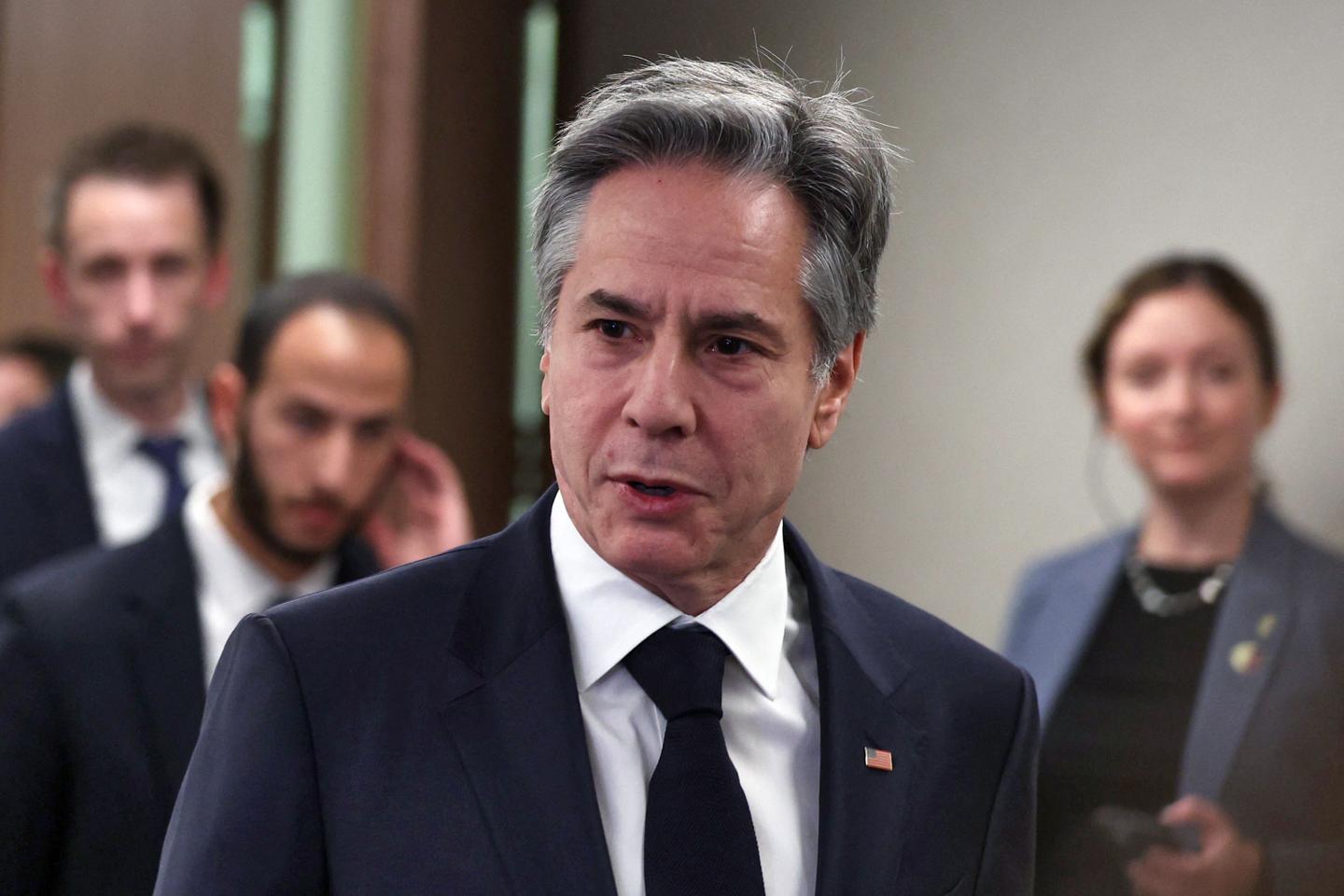


US Secretary of State Antony Blinken's fourth visit to the Middle East in three months is a cause for concern. And with good reason. While Washington may have calculated that its unreserved support for Israel's response to the Hamas massacre of Israeli civilians on October 7 would enable it to influence the "day after," this gamble seems far from won. This is worrying, given the nature of Israel's current government.
Firstly, because the scenario envisioned by President Joe Biden – a brutal but time-limited war, followed by the restoration of a Palestinian political order in Gaza to enable its reconstruction – is becoming increasingly out of reach. Yet these steps are a prerequisite for any relaunch of Washington's so-called "two-state solution."
The still very vague strategy outlined by the Israeli authorities suggests a plan that not only strengthens Israeli control over the narrow strip of land, but also transforms the current response into a lower-intensity but permanent one, and above all, without the rules that were in force when Hamas was considered, in effect, as an interlocutor.
This Israeli vision is hardly compatible with a return to "normal" life, in a territory that has been under blockade for over 15 years, for the hundreds of thousands of Palestinians plunged into extreme destitution by the closed-door carnage to which Gaza has been subjected. These plans, which come close to a form of reoccupation that would not be called a reoccupation, are also unlikely to generate the international financial aid crucial to healing the countless wounds of this deeply damaged territory.
A conflict that could 'metastasize'
This particularly gloomy outlook is also accompanied by the Israeli far-right's efforts to influence the current government. They are insidiously striving to normalize the concept of "transferring" Palestinians out of Gaza and then the West Bank: in other words, of renewed ethnic cleansing.
The proactive approaches outlined by President Biden with regard to the thorny Palestinian question are all the more out of date given that the ongoing conflict could at any moment "metastasize" to the regional level, in the words of the secretary of state himself. Indeed, Blinken's visit was marked by the assassination by Israel of a senior member of the Lebanese Hezbollah militia, despite the fact that Hezbollah had been keen to avoid escalation.
The perpetuation in one form or another of the state of war in Gaza effectively allows Israeli Prime Minister Benjamin Netanyahu to postpone the reckoning for the October 7 disaster and retain the most right-wing Knesset majority in Israel's history.
Netanyahu also knows that, as time goes by, the current Democratic administration will become increasingly absorbed in a delicate presidential campaign. And a return to the White House by Donald Trump would definitively eliminate the prospect of a political solution, given the pro-Israeli unilateralism that marked his term in office. This is all the more consequential as this is the only kind of solution likely to guarantee the long-term security of two groups of people currently blinded by inextinguishable desires for revenge.
